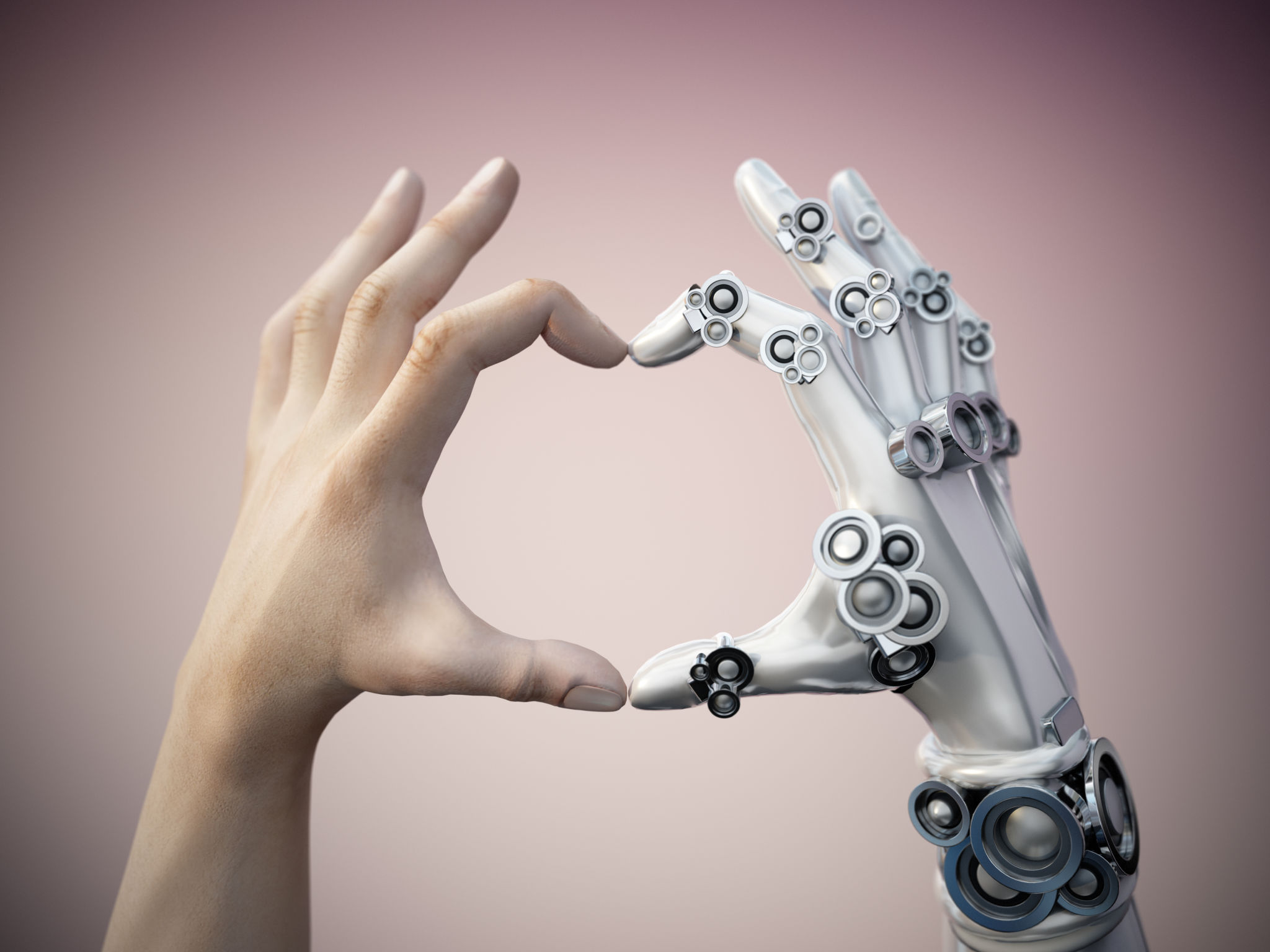Top Trends in Industrial Automation: What Manufacturers Need to Know
The Rise of Smart Factories
In recent years, the concept of smart factories has gained significant traction within the industrial automation sector. By leveraging technologies such as the Internet of Things (IoT), artificial intelligence (AI), and machine learning, manufacturers are transforming traditional factories into intelligent production facilities. This transformation is not just about automation but also about creating a connected ecosystem where machines and systems communicate seamlessly.

Benefits of Smart Factories
Smart factories offer numerous advantages, including increased efficiency, reduced downtime, and enhanced product quality. By utilizing real-time data, manufacturers can optimize production processes, predict maintenance needs, and adjust to changes in demand swiftly. This leads to a more agile and responsive manufacturing environment, which is crucial in today’s fast-paced market.
Collaborative Robots: The New Workforce
Collaborative robots, or cobots, are becoming increasingly popular in industrial settings. Unlike traditional robots that operate in isolation, cobots work alongside human workers, enhancing productivity and safety. Their ability to perform repetitive tasks allows human workers to focus on more complex and strategic activities.

Why Cobots Are Gaining Popularity
- Flexibility: Cobots can be easily programmed and reprogrammed for various tasks.
- Safety: Designed with safety features, cobots can work in close proximity to humans.
- Cost-effective: They often require a lower initial investment than traditional automation solutions.
Advanced Analytics and Machine Learning
Data analytics and machine learning are at the core of modern industrial automation. By analyzing vast amounts of data generated by machines and sensors, manufacturers can gain valuable insights into their operations. This data-driven approach enables smarter decision-making and continuous improvement in production processes.
Implementation Challenges
While the benefits of advanced analytics are clear, implementation can be challenging. Manufacturers need to ensure they have the right infrastructure and skilled personnel to handle data effectively. Additionally, integrating new technologies with existing systems requires careful planning and execution.

The Importance of Cybersecurity
As industrial automation becomes more interconnected, the importance of cybersecurity cannot be overstated. Protecting sensitive data and ensuring the integrity of manufacturing processes is paramount. Manufacturers must invest in robust cybersecurity measures to safeguard their operations against cyber threats.
Key Cybersecurity Strategies
- Regular Updates: Keep all systems and software updated to protect against vulnerabilities.
- User Training: Educate employees on best practices for cybersecurity.
- Access Control: Implement strict access controls to sensitive systems.
Sustainability in Automation
Sustainability is becoming a critical factor in industrial automation. Manufacturers are increasingly focusing on reducing their environmental impact by implementing energy-efficient processes and utilizing sustainable materials. Automation plays a key role in achieving these goals by optimizing resource usage and minimizing waste.
As the industry continues to evolve, staying informed about these top trends is essential for manufacturers looking to remain competitive. By embracing smart technologies, enhancing cybersecurity, and prioritizing sustainability, manufacturers can pave the way for a more efficient and resilient future.
